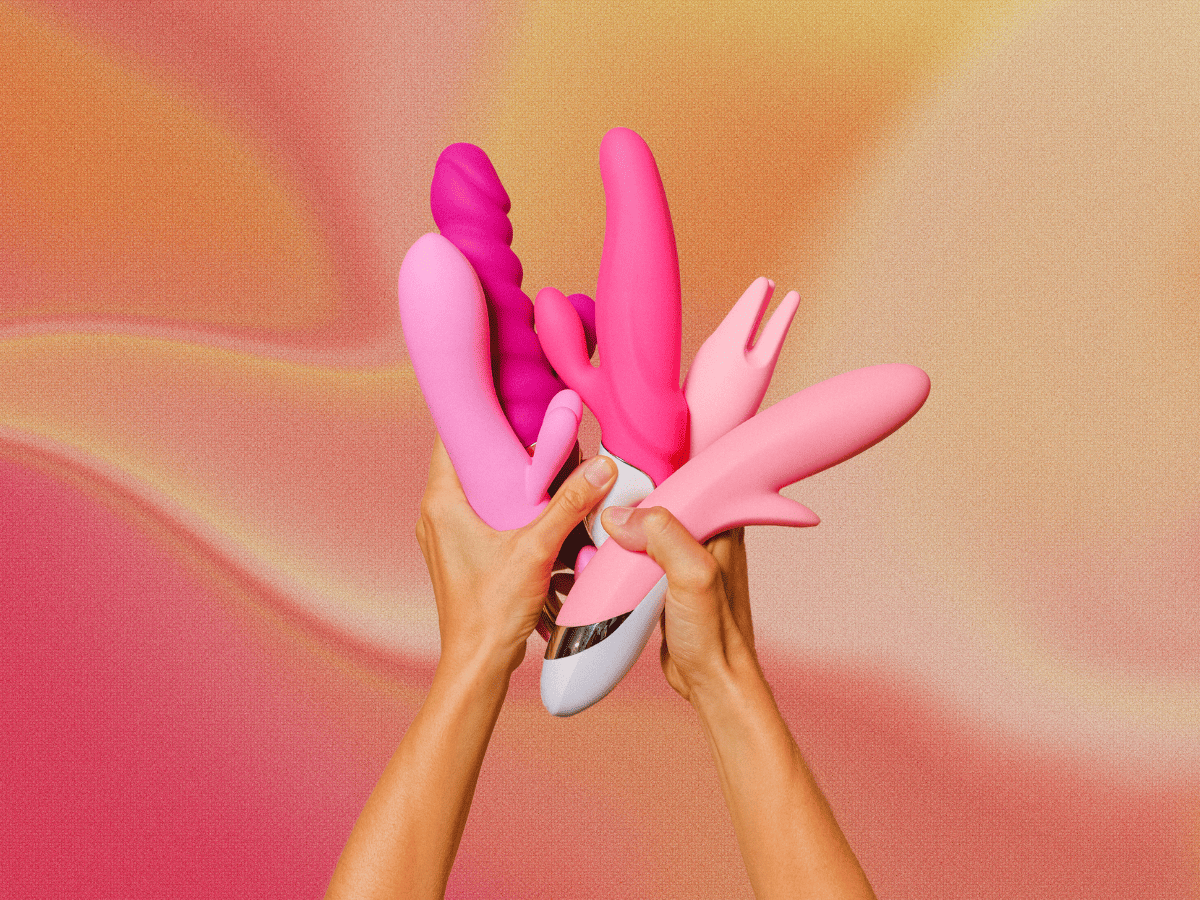Pop quiz: True or False?
Men think about sex more than women?
Men’s sexual desire declines faster than women’s in a relationship?
Women don’t care about sexual novelty?
Did you have trouble coming up with an answer to these questions? Or maybe you even feel a bit icky stereotyping men and women when trying to answer. If so, you are not alone. The topic of gender differences in sexual desire is hotly debated among researchers themselves. And as you’ll see, a lot depends on what we mean when we say “sexual desire”.
Men think about sex more than women
Growing up, I remember hearing in the schoolyard that “Men think about sex every six seconds” (there was even a song from my favorite boy band about it). As you might expect, research does not support the “6-second” timeframe. But, it is true that throughout the day, men think about sex more often than women.
Before you conclude that men are more sex-crazed than women, the headlines leave out an important other half of the study: Men also think about their other biological urges (i.e., sleep and hunger) more times a day than women!1 So, it is misleading to take the fact that men think about sex more than women to conclude that men are constantly horny and thinking about nothing else but sex.
Having said that, meta-analyses (that combine across hundreds of studies) find that, on average, men report a higher sex drive than women. When we say sex drive here, think things like how often you have sexual thoughts and fantasies, and how often you masturbate. These measures typically capture trait sexual desire, and a spontaneous desire for sex. Do you strongly agree with items like “I enjoy thinking about having sex with my partner” and “I have a strong sex drive”? If so, you would be higher in this form of sexual desire.
But as we mentioned last blog (refresh yourself on chemistry 101), spontaneous desire isn’t the most common way we feel desire in long-term relationships. Often desire is responsive, meaning we might feel it when the context is ripe for experiencing pleasure. There is also tons of variability within each gender, and overall, men and women may be more alike than they are different. There are plenty of man/woman couples where the woman is higher desire than the man. But to summarize, if we think of sexual desire as a spontaneous want for sex, then yes, men tend to be higher than women.
Whose desire declines first in a relationship?
Men and women also differ in how that—want to rip your clothes off—desire changes over time. While we may think men’s libido dwindles when they get into a long-term committed relationship, women’s desire tends to decline first. (Note most of this research only speaks to man/woman couples). In some of my research, my collaborators and I saw that women’s desire tended to decrease during the first four years of marriage, whereas men’s desire tended to stay constant. And this was true for couples who became new parents and those who remained child-free (aka even though we know babies can wreak havoc on couple’s sex lives, babies can’t take the full blame here!).
So, at least in our research, not only were men starting marriage with more desire than women, but they typically maintained this higher desire. And the kicker is that women’s declining desire made both themselves and their partners feel worse about their relationship. To me, this signals something important: Even though people may disagree on the best way to measure “desire”, it is clear that what was happening in the bedroom for women affected the newlyweds’ feelings about their broader relationship.
How can we foster desire in relationships?
One important thing to clarify here—there is absolutely nothing wrong with having lower sexual desire than your partner, and it’s normal for sexual desire to change day to day, and with time. But, if you are interested in trying to combat declines in desire, we need to consider why women may experience lower desire in the first place. There are many reasons for this, from hormones, to being more stressed, to taking on more household labour, and needing to parent their partner (which is never sexy!).
Some of these reasons for lower desire are more easily changeable than others. And as I’m sure you’ve clued in by now….sexual desire in relationships is complex–there is no one reason women may be lower in desire than men, and there are no universal ‘fixes’. One small step that may help is to take some tasks off the woman’s plate to help reduce stress (using to-do lists may help), which can help put her more in the mood for sex.
Something you might not expect is that women may need more novelty in their sex lives than people assume. In fact, those declines in women’s desire I mentioned earlier actually bounce back when women get into a new relationship. And women cite being too familiar with a partner as a reason their passion wanes. Obviously, we aren’t advocating switching partners 😉 so how else can you bring in novelty? Switch up your sexual routine (we give some pointers here), or inject your relationship with new experiences (adventurous date night anyone?).
My parting thought: To me it’s not important how many seconds a day you think about sex, or if you feel constant urges to proposition your partner, it’s how much you enjoy sex when you have it.









